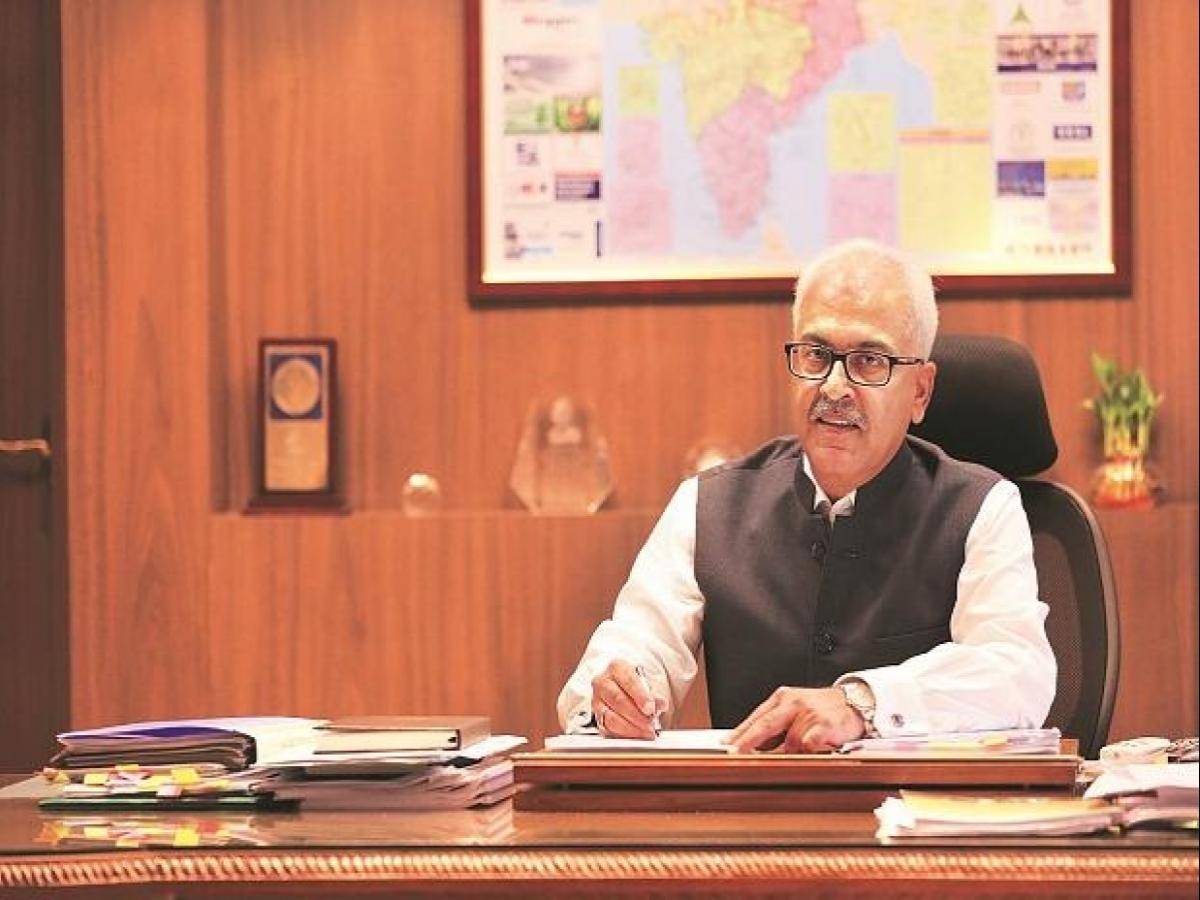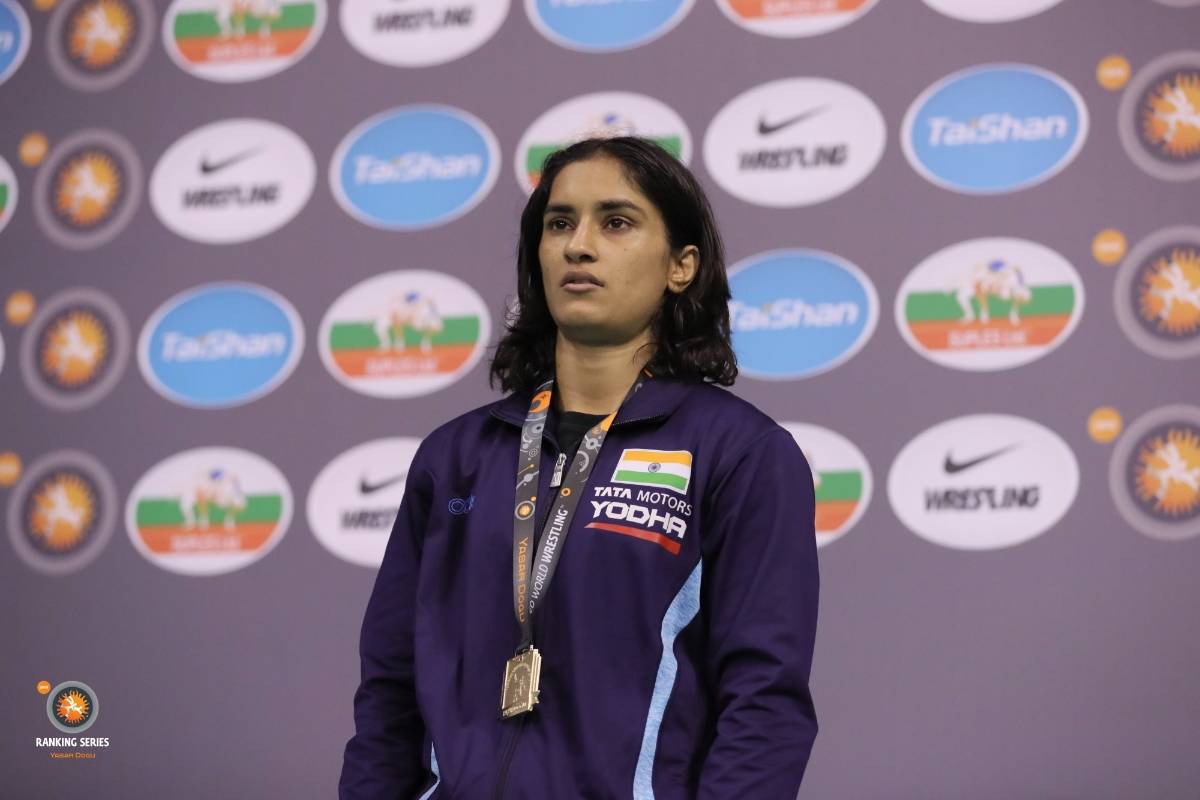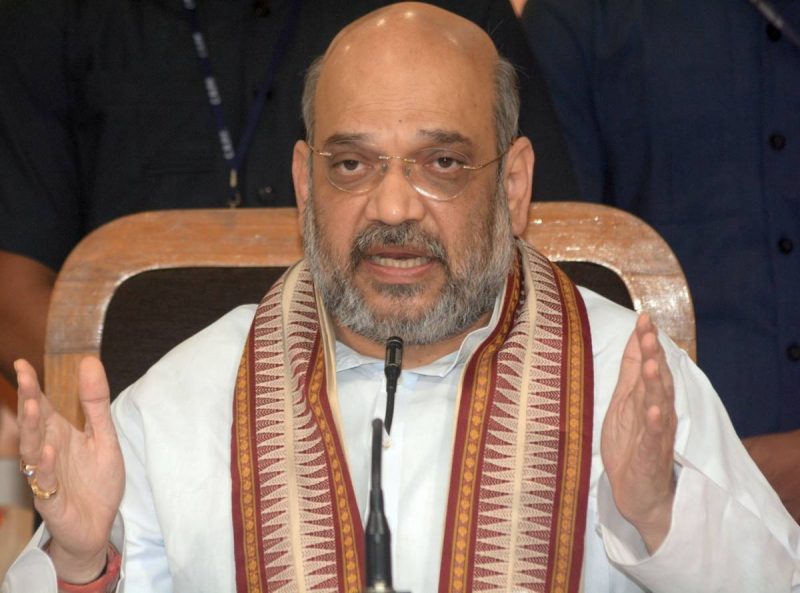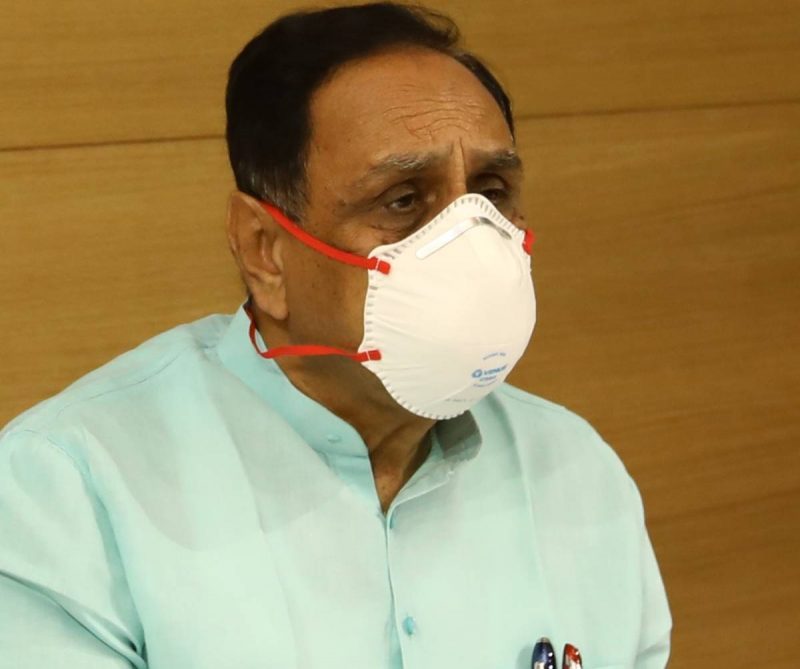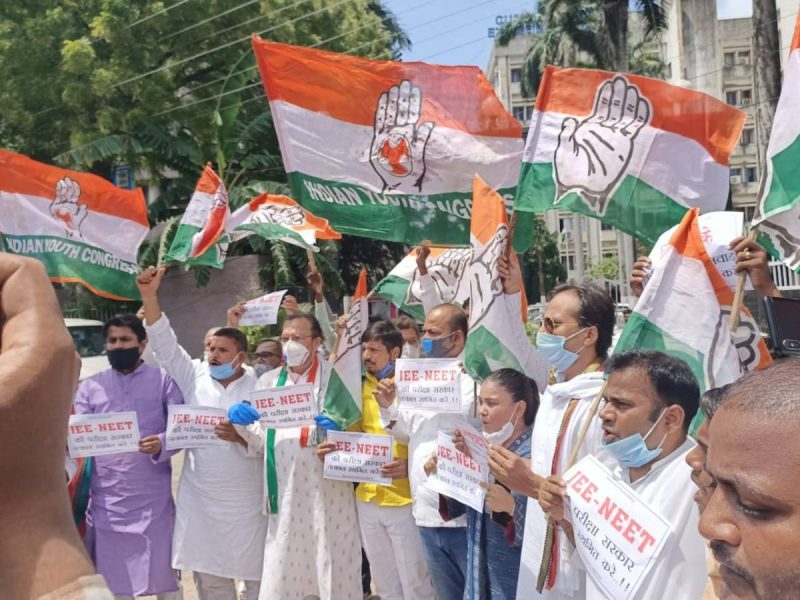The Union Ministry of Home Affairs has notified new rules for the administration of the Union Territory of Jammu and Kashmir that specify the functions of the Lt Governor and the Council of Ministers.
The “Transaction of business of the government of Union Territory of Jammu and Kashmir Rules, 2019” was published in the gazette on Thursday, and have six chapters.
Notified by Union Home Secretary Ajay Kumar Bhalla, these rules provide that “police, public order, All India Services and anti-corruption,” will fall under the executive functions of the Lt Governor, implying that the Chief Minister or the Council of Ministers will have no say in these matters.
The rules also say that proposals or matters which affect or are likely to affect the peace and tranquillity of the UT or the interest of any minority community, the Scheduled Castes, the Scheduled Tribes and the Backward Classes “shall essentially be submitted to the Lt Governor through the Chief Secretary, under intimation to the Chief Minister, before issuing any orders”.

The Council of Ministers, led by the Chief Minister, will decide service matters of non-All India Services officers, proposals to impose new taxes, land revenue, sale grant or lease of government property, reconstituting departments or offices and draft legislations.
However, as per the rules, in case of difference of opinion between the Lt Governor and a minister when no agreement could be reached even after a month, the decision of the Lt Governor “shall be deemed to have been accepted by the Council of Ministers”.
Should the difference of opinion persist, the Lt Governor may direct that the matter be referred to the Council of Ministers, which shall consider it at its next scheduled meeting and convey its decision, but not later than 15 days from the date of such reference.
In case no such decision is received within 15 days from the date of such reference, the Lt Governor’s decision shall be deemed to have been accepted by the Council of Ministers.
The rules also state that “any matter which is likely to bring the government of the UT into controversy with the Central Government or with any state Government,” shall, as soon as possible, be brought to the notice of the Lt Governor and the Chief Minister by the Secretary concerned, through the Chief Secretary.

As per the rules, there will be 39 departments in the UT such as school education, agriculture, higher education, horticulture, election, general administration, home, mining, power, PWD, tribal affairs and transport.
The business of the government shall be transacted in the departments specified in the First Schedule, and shall be classified and distributed between those departments as laid down therein. The Lt Governor, on the advice of the Chief Minister, shall allot among the Ministers the business of the government by assigning one or more departments to a Minister.
The Council of Ministers shall be collectively responsible for all the executive orders issued by any department in the name of the Lt Governor and contracts made in the name of the President in connection with the administration of the UT, whether such orders or contracts are authorised by a Minister in respect of a matter pertaining to the department under his charge or as a result of discussions at a meeting of the Council of Ministers.
The rules also say all communications received from the Centre, including those from the Prime Minister and other Ministers, other than those of a routine or unimportant character, shall, as soon as possible after their receipt, be submitted by the Secretary to the Chief Secretary, the Minister in charge, the Chief Minister and the Lt Governor for information.
According to the rules, all contracts in connection with the administration of the UT shall be expressed to be made by the President and shall be executed on the President’s behalf by the Lt Governor, or a person authorised by the latter.

A person authorised to execute and sign contracts referred to in sub-rule (1) shall execute such contracts within the financial powers delegated to him and in all cases involving exercise of financial powers in excess of those delegated to him, the contracts shall be executed after obtaining the sanction of the competent authority.
Every order or instrument of the UT government shall be signed either by the Chief Secretary, Secretary, Special Secretary, Additional Secretary, Deputy Secretary or an Under Secretary to the government or such other officer as may be specially empowered by the Lt Governor in this behalf and such signature shall be deemed to be the proper authentication of such order or instrument.
On August 6, 2019, Parliament read down Article 370 of the Constitution, thus revoking the special status of J&K and bifurcated and downgraded the state into two Union Territories of J&K and Ladakh, with a legislative assembly and without, respectively.
The erstwhile state has been under Central rule since June 2018 and the Assembly was dissolved in November that year. It has been without a Chief Minister since June 2018.
Union Home Minister Amit Shah, while introducing the necessary legislation in Parliament last year, said Jammu and Kashmir’s statehood would be restored soon.
According to the J&K Reorganisation Act, 2019, fresh elections will be held after the delimitation exercise is completed next year.
Also Read-Covid Positive Vinesh Phogat Skips Sports Award Ceremony


